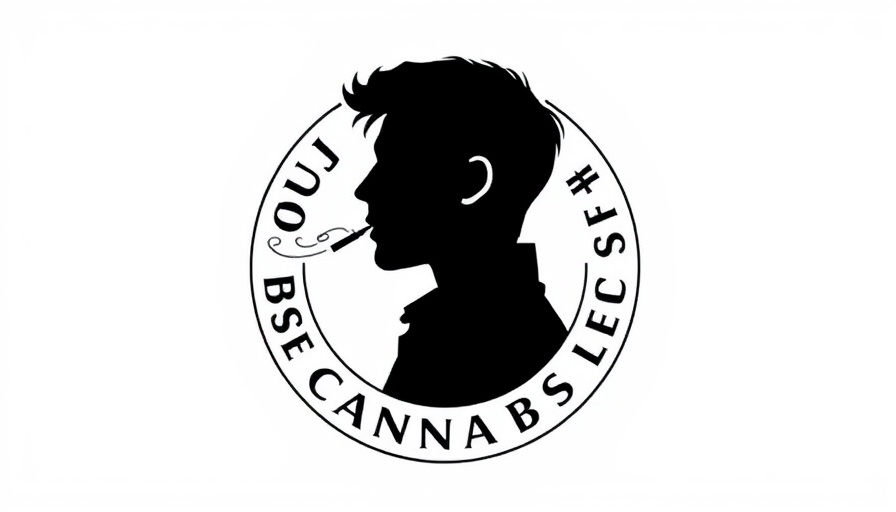
Georgia Hemp Businesses Challenge New Restrictions Under SB 494
The hemp industry in Georgia is experiencing a significant upheaval as local business owners file a lawsuit against the state’s recent legislation, Senate Bill 494. This law prohibits the sale of certain hemp products and imposes new licensing and testing requirements that many claim are detrimental to their businesses.
Overreaching Legislation or Necessary Regulation?
Senate Bill 494, which came into effect last October, restricts the sale of hemp products to individuals aged 21 and older. It outright bans items such as smokeable hemp flower and THC-infused foods, adding what some argue are unnecessary hurdles for business owners. Scott Ellison, who runs the e-commerce platform THC Atlanta, openly expressed his frustrations. “It puts a strain on the industry as a whole,” he remarked, adding that sales have plummeted between 60 to 75% since the law was enacted.
The Federal vs. State Dilemma
The tension between state and federal law also plays a crucial role in this dispute. The 2018 federal Farm Bill legalized the production and sale of hemp products with less than 0.3% Delta-9 THC, setting a national precedent that Georgia's Senate Bill 494 seems to contravene. Zakiya Watson-Caffe, attorney for the plaintiffs, argues that the state law “undercuts federal law,” emphasizing that while states can implement their regulations, they must comply with federal standards.
Implications for the Hemp Industry
This legal battle is not just a local issue; it reflects a broader national debate regarding hemp cultivation and distribution. If the courts rule in favor of the plaintiffs, it could set a significant legal precedent, potentially influencing other states with similar restrictive laws to reevaluate their regulations. Conversely, if the law stands, Georgia's hemp businesses may not only continue to struggle, but it could encourage other states to follow suit with their restrictive measures.
The Path Forward for Hemp Businesses
As the legal proceedings unfold, hemp business owners are left in a state of uncertainty. Ellison and his fellow plaintiffs are seeking an injunction to block SB 494, hoping to restore their previous capacity to sell THCA products. “We want to put THCA products back in shops,” Ellison expressed, highlighting the desperation among business owners facing potential shutdowns.
What’s Next?
The outcome of this case could significantly alter the landscape for hemp businesses in Georgia and beyond. As this issue garners national attention, the industry awaits clarity on what regulations will ultimately shape their future. For consumers and business owners alike, it underscores the importance of consistent and fair legislation.
 Add Row
Add Row  Add
Add 




Write A Comment